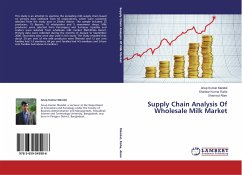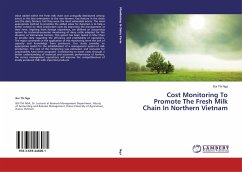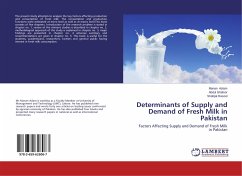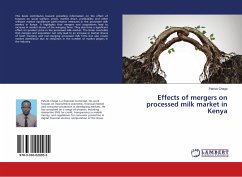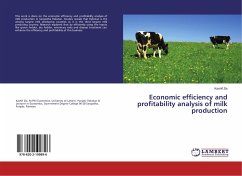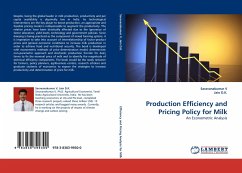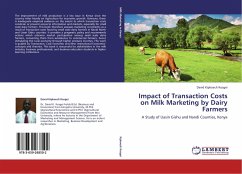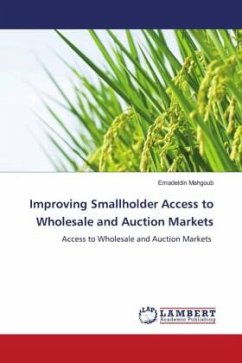This study is an attempt to examine the prevailing milk supply chain based on primary data collected from 55 respondents, which were randomly selected from the study area in Dhaka district. The sample included 25 producers, 15 Beparis, 10 wholesalers and 5 sweetmeat shops. Milk producers were selected from Keranigonj and Sutrapur Upazilas and traders were selected from wholesale milk market (Rathkhola Bazar). Primary data were collected during the months of August to September 2006. Secondary data were also used in this study. The study revealed that about 20 per cent of the milk producers were illiterate and 12 per cent families had 1-3 members, 64 per cent families had 4-5 members and 24 per cent families had above 6 members.
Bitte wählen Sie Ihr Anliegen aus.
Rechnungen
Retourenschein anfordern
Bestellstatus
Storno

